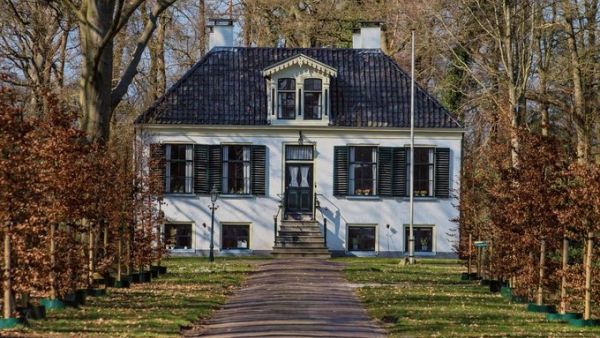'Colonies of Benevolence' is a transnational application including seven sub-sites in Belgium and the Netherlands, established in the 19th century to reduce poverty through social employment in new agricultural settlements.
Colonies of Benevolence have made it onto the UNESCO World Heritage list after a failed attempt in 2018.
From 1818, the Society of Benevolence founded colonies in unexplored areas in the then Dutch Kingdom.
The Colonies of Benevolence, seven landscapes in the #Netherlands ?? and #Belgium ?? that have joined the #WorldHeritage List pic.twitter.com/6VUg61IMe4
— UNESCO ?️ #Education #Sciences #Culture ??? (@UNESCO) August 31, 2021
The colonies were a social experiment for the rehabilitation of urban beggars, orphans and other paupers, who worked in agriculture and in several of the colonies weren't free to leave. In Flanders it concerns the Wortel-Colony; in the Netherlands the colonies of Veenhuizen, Frederiksoord, and Wilhelminaoord.
The Netherlands was in a difficult situation after various wars. Many impoverished people were left to fend for themselves in the cities. This poverty was a thorn in the side of Johannes van den Bosch, who founded the Society of Humanitarianism in 1818. Poverty-stricken families, beggars, and tramps could go and work in one of the Colonies of Benevolence. They were given their own homes and a section of land to cultivate. In exchange, they developed infertile land for agricultural use. A tough existence, with the colonists, taught discipline through labor and education so that they could eventually provide for themselves.
visitdrenthe
The Dutch Colonies of Benevolence have just been awarded #UNESCO #WorldHeritage status!?
— Ingrid van Dijk (@IngridvanDij) July 26, 2021
The colonies were a social experiment for the rehabilitation of urban beggars, orphans and other paupers, who worked in agriculture and in several of the colonies weren't free to leave. pic.twitter.com/iTDVfqHPpA
Traces of the colony's layout – colony houses, lanes, arable farms – can still be clearly seen today in the cultural landscapes inscribed on the World Heritage List.
At their peak, in the middle of the 19th century, more than 11,000 people lived in the colonies in the Netherlands. In Belgium, their number peaked at 6,000 in 1910.
? BREAKING!
— UNESCO ?️ #Education #Sciences #Culture ??? (@UNESCO) July 26, 2021
The Colonies of Benevolence (#Belgium??, #Netherlands??), have just been inscribed on the @UNESCO #WorldHeritage List! Congratulations! ?
ℹ️ https://t.co/X7SWIos7D9 #44WHC pic.twitter.com/keIM4zz7zA
This project was a unique initiative in Europe and seen as the beginning of the Dutch welfare state, as the government tried to improve life for the poorest on a large scale.








